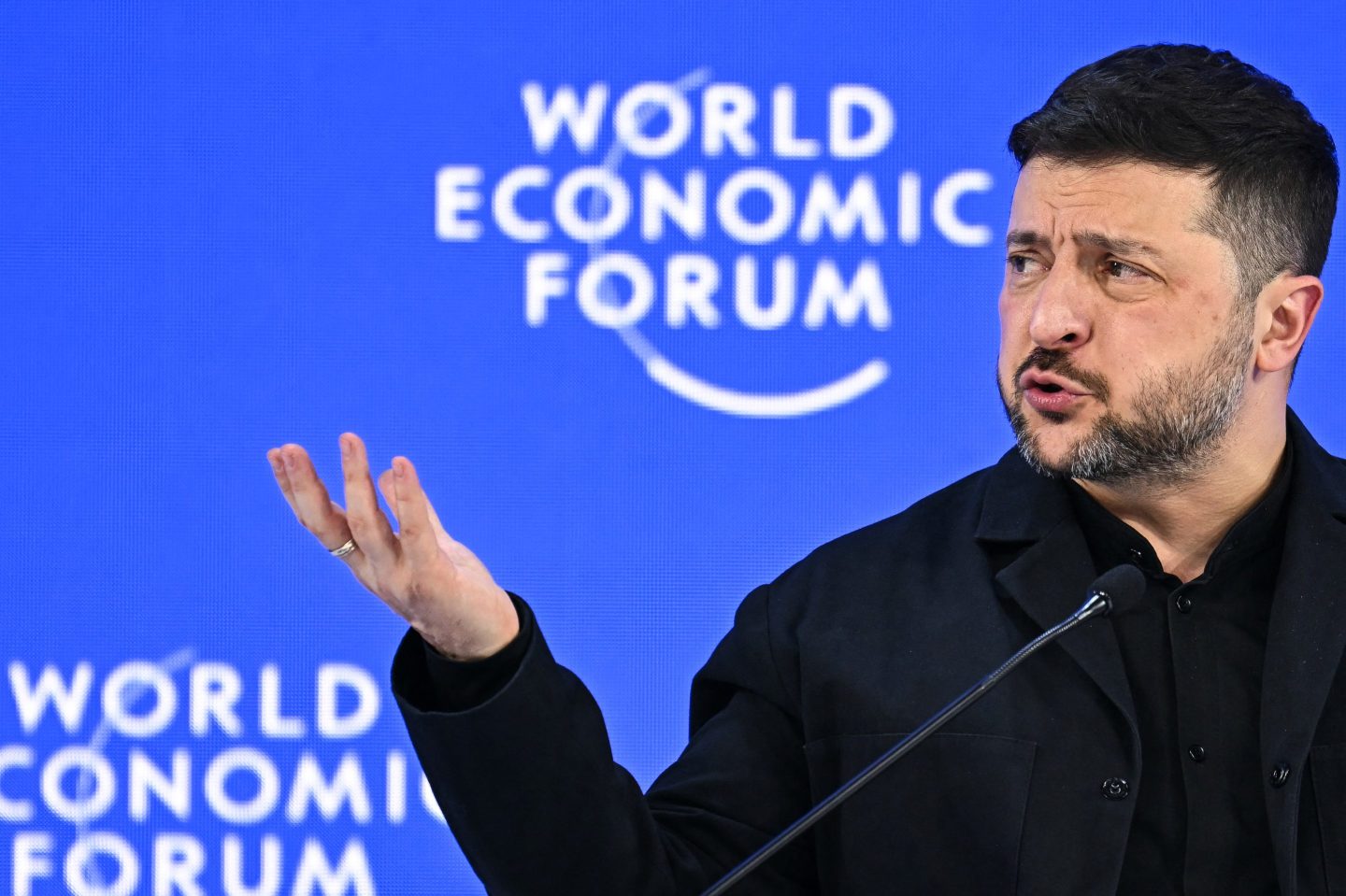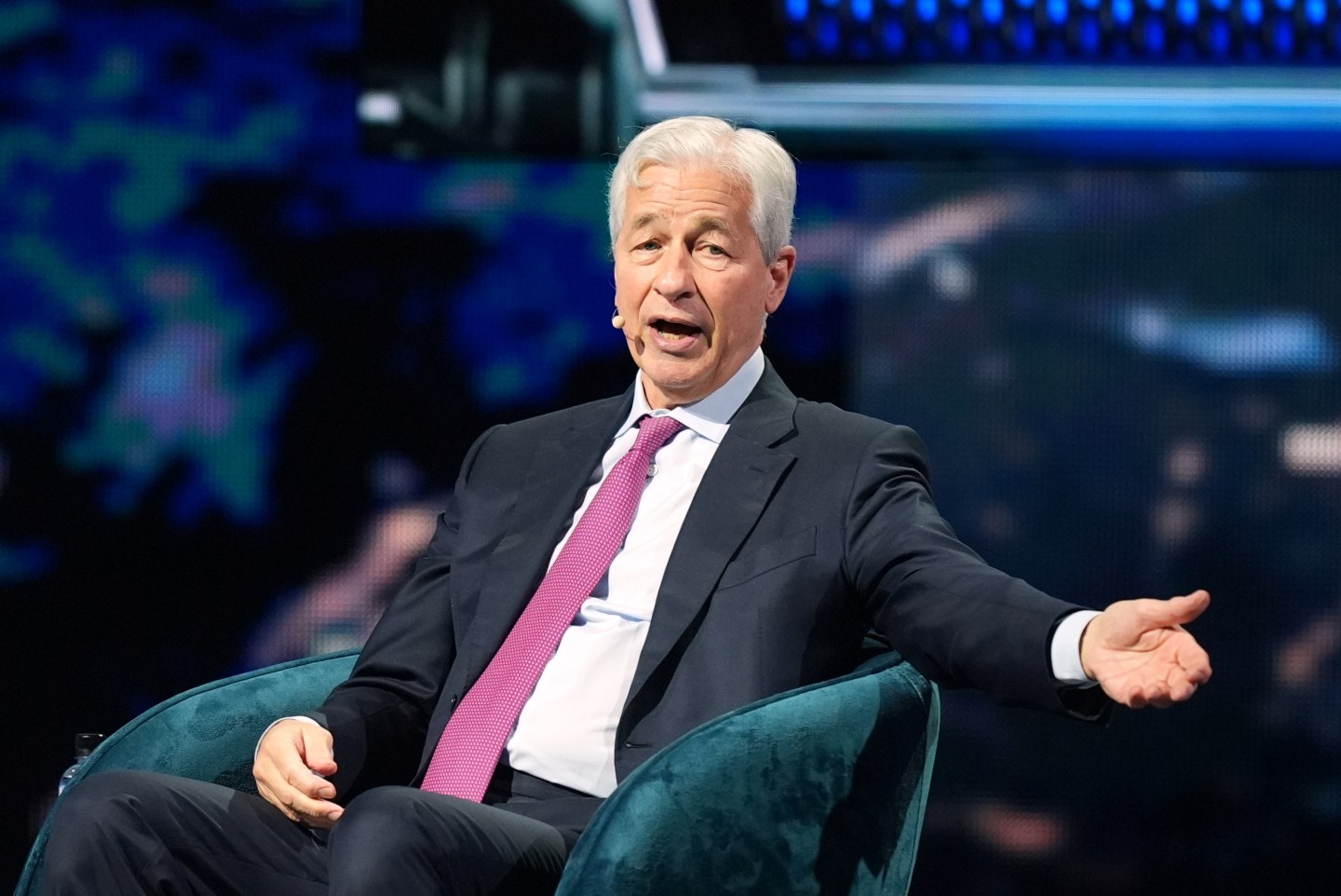How dependent is the world on Saudi Arabian oil?
That’s one of the many questions global oil markets are asking on Monday, after Saturday’s attacks on the Abqaiq oil refinery and the Khurais oilfield, the heart of the Kingdom’s crude production. The attacks highlight not just the rising tensions in the region, but serve as a timely reminder of the scale of Saudi’s contribution to global oil markets—they knocked out about half the country’s export capacity and around 5% of the world’s crude supply.
Alongside the geopolitical tensions—this is only the latest, but most severe, of several attacks on Saudi oil infrastructure in recent months—the fresh supply uncertainty sent oil prices bucking, rising as much as 20% earlier on Monday—the largest inter-day jump since the 1980s—before coming off slightly. On Monday morning, Brent was still up by around 11%, putting it on track for a two-month high.
But buried in those headline figures is an ongoing power shift: years into the shale boom, U.S. Oil now makes up nearly 10% of the world’s oil supply (up from about 1% less than a decade ago), with production forecast to peak in 2030, according to energy consultancy Rystad.

Meanwhile, since ending a 40-year ban on exporting crude in 2015, the U.S. Has also frequently become a net exporter, though this varies month to month. In June of this year, for example, the U.S. Was the source of about 12% of global crude exports, according to the Joint Organizations Data Initiative—though still far less than Saudi Arabia, with 23% of crude exports that month.
“The world is not even close to being able to replace more than 5 million [barrels per day] of Saudi Arabian exports,” said Bjørnar Tonhaugen, head of oil market research at Rystad Energy in Oslo. “The market’s reaction to Saudi Arabia’s importance, in the new era of U.S. Shale, will now be put to the test.”
That’s, in part, a test of whether the U.S. Can and will scale up exports in the short-term, if necessary. Tonhaugen notes that the U.S. Is one of the only countries that can dramatically ramp up crude exports—even by as much as 1 million barrels per day, from around 3 million barrels per day at present—if needed to fill a gap in the market. (Russia, the UAE, Kuwait and Iraq could also increase output, Rystad estimates—but not at the same pace.)
However, that’s still not enough to completely take the bite out of a sudden drop in Saudi exports.
“The impact and the next course of action will depend on the duration of the outage,” said Vima Jayabalan, research director at consultancy Wood Mackenzie. “Saudi Arabia has enough reserves to cover the shortfall over the next week, but if the outage extends, then filling the gap with the right type of crude quality could be a challenge.”
Saudi Arabia has assured customers—around three quarters of its exports go to Asia—that it will meet contracts, by relying on large stock cushions parked not just in the country, but in storage in the Netherlands, Egypt and Japan. So a genuine shortage—rather than just a price hike—will ultimately be a question of how quickly Saudi Arabia can fix the damage.
The lingering lesson, meanwhile, will be whether the world needs Saudi oil quite as much as it used to.
More must-read stories from Coins2Day:
—China is the world’s biggest coal user. Can it break the habit?
—How the energy industry is using data to decarbonize itself
—Why solar execs say the game is already over for non-renewable energy
—BP’s CEO says he’ll sell oil projects to meet Paris climate accord goals
—Listen to our audio briefing, Coins2Day 500 Daily
Subscribe to The Loop, a weekly look at the revolutions in energy, tech, and sustainability.











